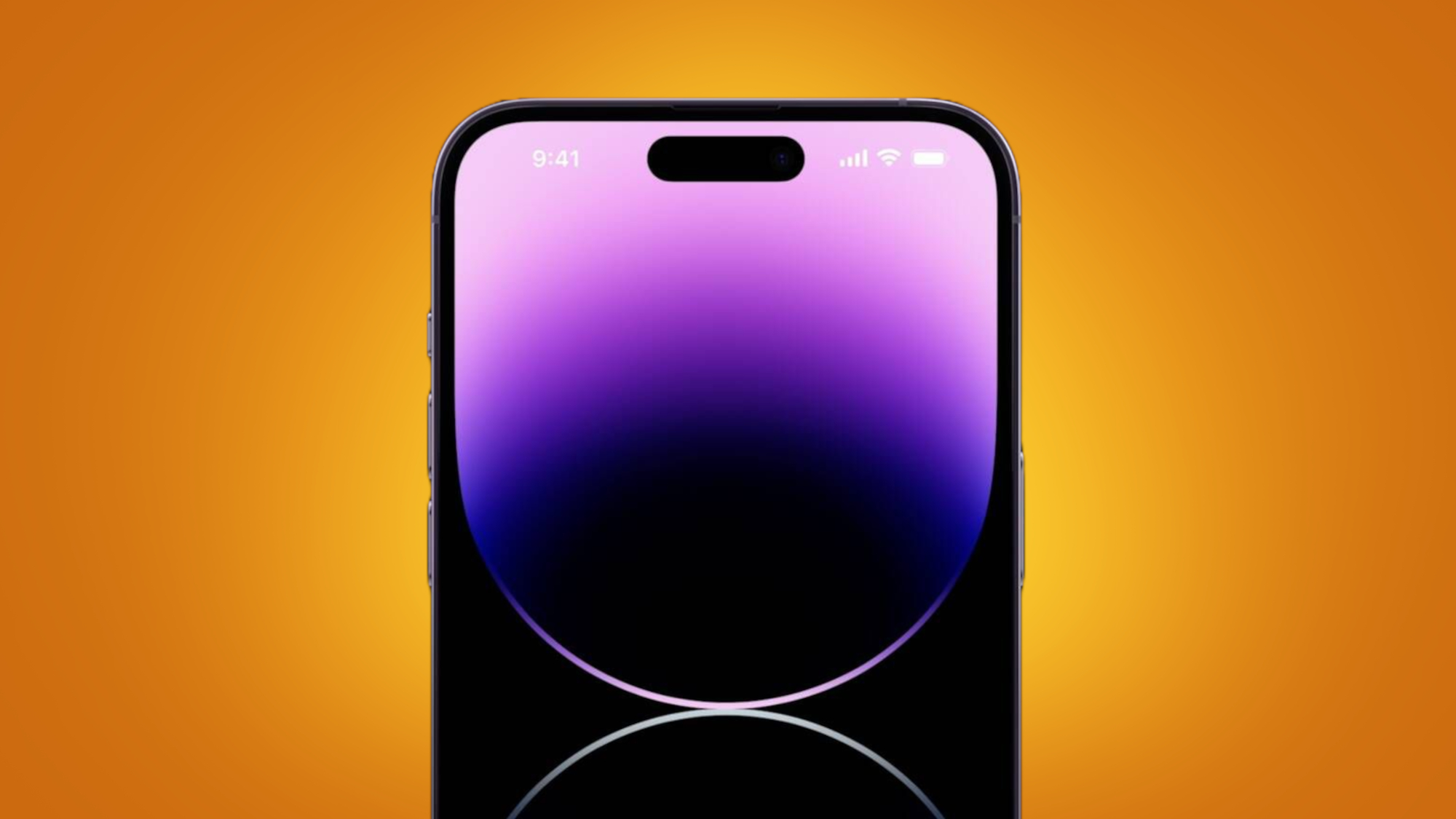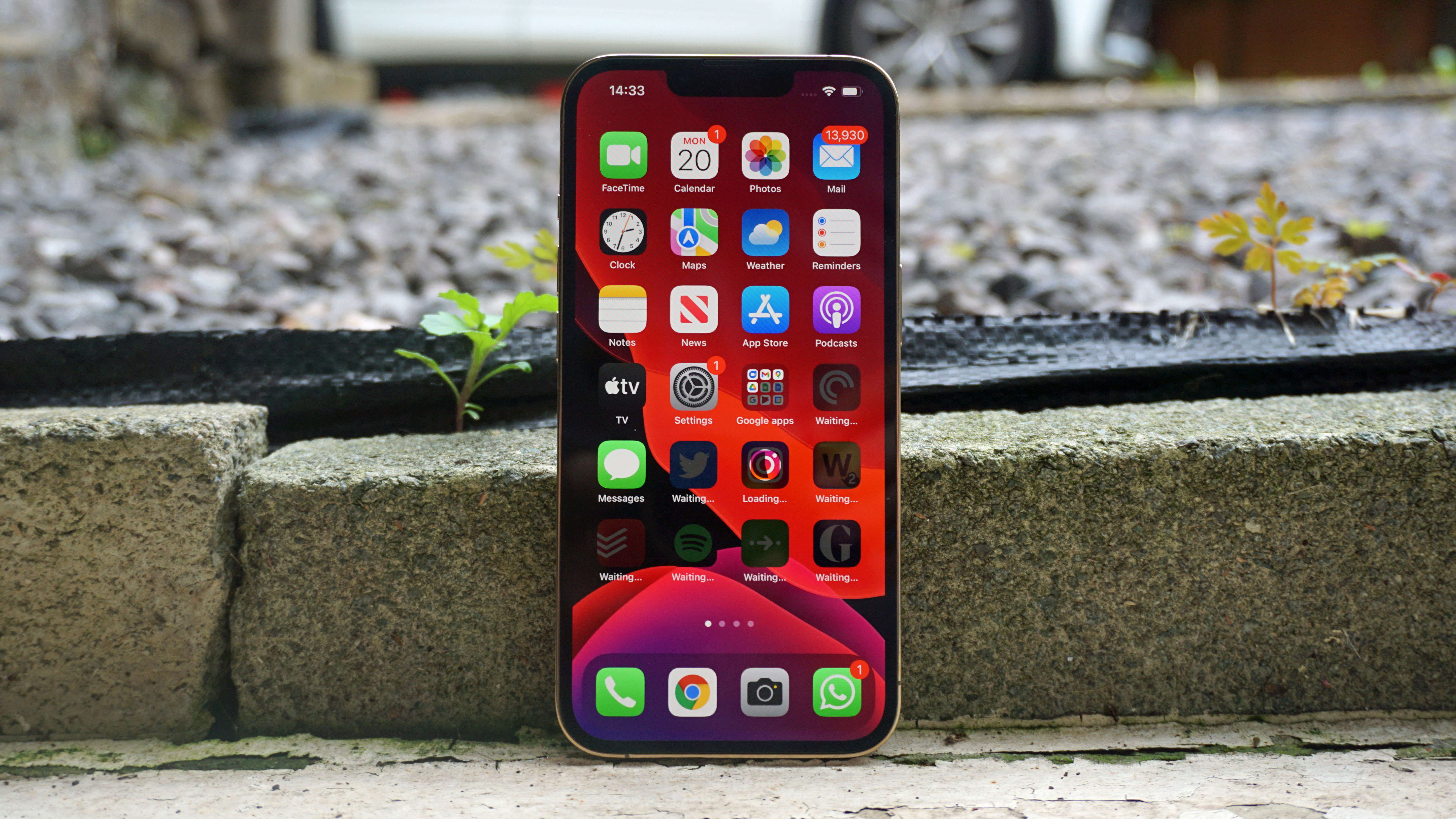
Sign up for breaking news, reviews, opinion, top tech deals, and more.
You are now subscribed
Your newsletter sign-up was successful
The iPhone 15 series is just around the corner, with it very likely to launch at the Apple September event on Tuesday, September 12.
At this point, we’re fairly confident that we know some – if not all – all of the key iPhone 15 upgrades set to be announced on that date, but the bulk of Apple fans’ excitement has (understandably) been directed towards the company’s next best iPhones, namely the iPhone 15 Pro and iPhone 15 Pro Max.
The standard iPhone 15 and iPhone 15 Plus, on the other hand, are expected to miss out on several Pro-level features – and one omission, in particular, has sparked debate among longtime iPhone users.
Long story short, rumors suggest that both the iPhone 15 and iPhone 15 Plus will be stuck with a static 60Hz refresh rate. The iPhone 15 Pro and iPhone 15 Pro Max are expected to inherit the adaptive 1-120Hz refresh rate technology (dubbed ProMotion) of their respective predecessors, but many expectant iPhone fans were hoping that Apple might make this Pro-level feature available to every model in the iPhone 15 line.
Suffice to say, these fans are not happy. “I really hope this iPhone 15 rumor isn't true, you deserve better,” TechRadar’s Senior Phones Editor, Alex Walker-Todd, wrote back in September 2022, while Managing Editor for Mobile Computing, Roland Moore-Coyler, echoed a similar sentiment in August this year: “Please, Apple – don’t do this to the iPhone 15.”
Unsurprisingly, the ire has raged online, too. A recent X post from @TheGalox_ reads, “Nothing justifies the 60hz display on the upcoming iPhone 15” – but, interestingly, several responses to that post have sought to demonstrate Apple’s point of view on the matter.
NOTHING justifies the 60hz display on the upcoming iPhone 15 | 15+ pic.twitter.com/2JYwYzEXPxAugust 27, 2023
“People don’t care… it’s that simple,” one user replied, while another wrote: “The vast majority of people don't notice a difference and it gives them limited/no benefit [...] Why build something that isn't a massive benefit to people, but will add a large cost?”
Sign up for breaking news, reviews, opinion, top tech deals, and more.
“That’s not the point,” a third user wrote in response. “It’s a standard feature to have above 60Hz. At least 90Hz.”
“… except market share of iPhone in the USA is 59%, and so therefore [a 90Hz refresh rate] isn’t a standard feature,” replied another.
And you know what, the Apple defenders have raised a point worth remembering here. Apple is a business – a hugely successful one at that – and a business has no obligation to bring its products in line with others on the market just because it has the ability to do so.

Apple has always sought to maintain a significant technological gap between its standard and Pro-branded devices, and this approach has yielded fruit and then some over the last decade.
Sure, adding an adaptive refresh rate to the iPhone 15 and iPhone 15 Plus would certainly make those products more attractive to consumers. But if those consumers are so desperate for such a high refresh rate, then the more expensive iPhone 15 Pro and Pro Max are ready and waiting to enter their online baskets (indeed, the iPhone 15 Pro Max is tipped to outsell other iPhone 15 models by huge margin this year).
From Apple’s perspective, keeping the iPhone 15 and iPhone 15 Plus locked at 60Hz is a good business decision. Yes, 120hz refresh rates might well be the standard for top-end smartphones these days, but Apple clearly sees no value in demoting the ‘ProMotion’ moniker to ‘Motion’ – for now, anyway.
At present, most of the content consumed by the average mobile consumer – think texting, Instagram, Netflix and so on – is delivered in 30 fps, much less 60 fps. The average iPhone owner isn’t crying out for a better refresh rate because, by and large, the average iPhone owner doesn’t know what a better refresh rate looks like (the promise of better iPhone 15 battery life, for instance, is much more immediately appealing).
Once they do, Apple will surely be more inclined to bring its iPhones in line with other devices from rival manufacturers. But for now, don’t expect Tim Cook to damage Apple’s bottom line for the sake of moving the mobile industry forward.
More iPhone 15 stories
- iPhone 15: everything we know so far
- iPhone 15 Plus: everything we know so far
- iPhone 15 Pro: everything we know so far
- iPhone 15 Pro Max: everything we know so far
- iPhone 15 release date rumors: when will Apple’s next iPhones arrive?
- iPhone 15 pre-orders: here's what to expect
- iPhone 15 deals: here's what to expect
- 3 reasons not to buy the iPhone 15 if you already own an iPhone
- 3 reasons to buy the iPhone 15 if you already own an iPhone

Axel is TechRadar's Phones Editor, reporting on everything from the latest Apple developments to newest AI breakthroughs as part of the site's Mobile Computing vertical. Having previously written for publications including Esquire and FourFourTwo, Axel is well-versed in the applications of technology beyond the desktop, and his coverage extends from general reporting and analysis to in-depth interviews and opinion.
Axel studied for a degree in English Literature at the University of Warwick before joining TechRadar in 2020, where he earned an NCTJ qualification as part of the company’s inaugural digital training scheme.